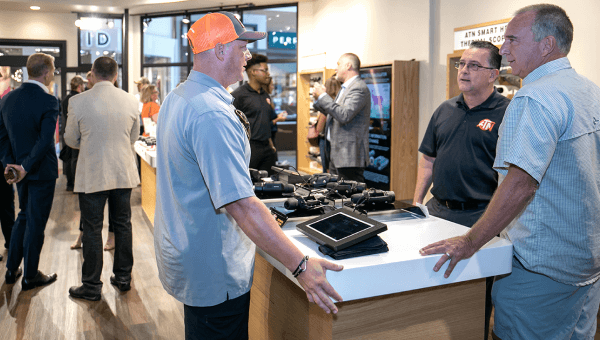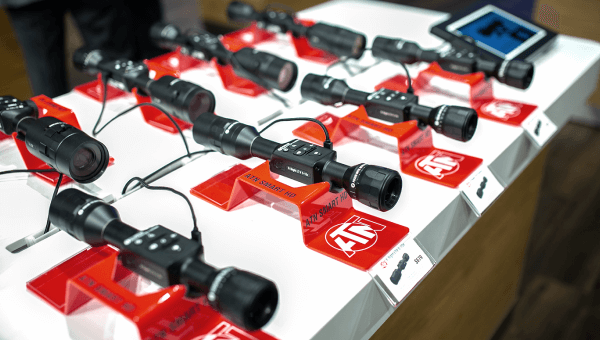Hog Hunting Tips & Tricks Part 1
The U.S. Department of Agriculture estimates feral swine costs about $1.5 billion in damage annually, although experts at the University of Georgia suggest the cost maybe closer to between $2 billion to $2.5 billion. The damage to agriculture, is estimated at just under $1 billion annually. Feral pigs are a menace for agriculture, but also a health risk and threat to native wildlife.
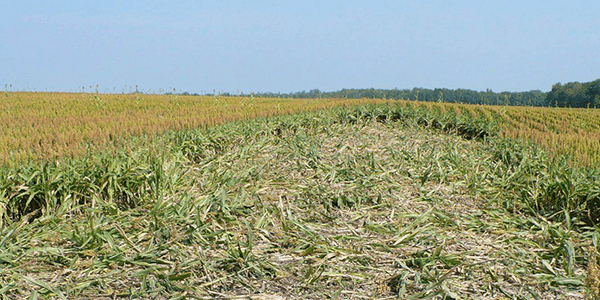
The federal government is spending about $30.5 million annually to fight the problem, and even more funds have been requested in the years farm bill. You may live in one of the 35 states that have feral hogs, and you now have found yourself in need of an ATN thermal or night vision device to help in the effort to control the growing hog population that is spreading across the country.
ATN ProStaff Ambassador, Gene Wisnewski, sat down to write up an article series to help our #ATNNation get started in your hog control efforts. These Hog Hunting tips and wild hog hunting techniques will assist you in your efforts to get into the population control game; in turn, he hopes to help alleviate some of the problems created by this invasive species.
First Things First, You Must Scout Your Property
The USDA National Wildlife Research Center estimates at least 35 states have a wild hog population, and this is where your scouting for swine will start. Each state's Department of Natural Resources will have data on the hog populations in their state. This information can be used to find the counties with the highest population per acre. I have found this valuable information is where your search for a huntable hog populations should begin.
Social media is also a great place to search and find areas with population problems. You may find a hunting club that wants the troublesome critters removed, or a farmer could be asking for help because they may have suffered monetary damages from the local hog population.
Hunting websites and apps with aerial photographs are helpful for finding creek/riverbeds that hogs love to live by, or nearby fields and hardwoods for locating their food sources. Many of these resources will also provide contact information to inquire about permissions to hunt on those lands. Once permission is obtained or a lease of land purchased, it is now time to get your boots on the ground and scout the actual area.
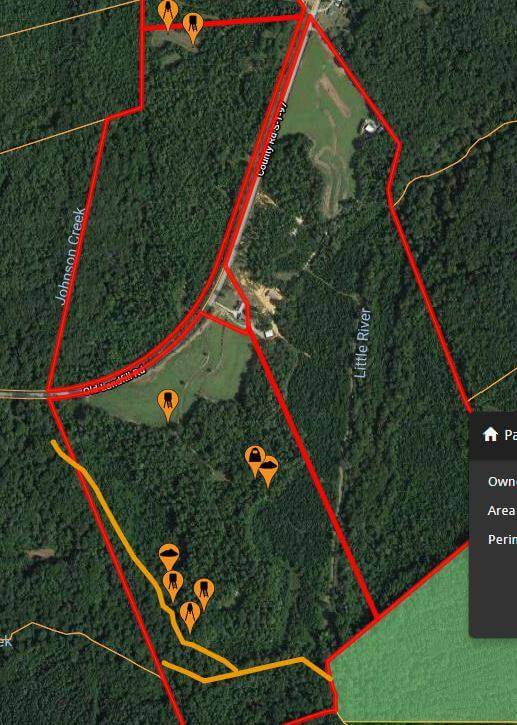
Look for The Signs
Hog damage is easy to locate on properties with a fair number of hogs, they do leave a lot of signs as to where they are feeding. Rooting is easy to spot, hogs will push up earth to get at insects and plant roots.
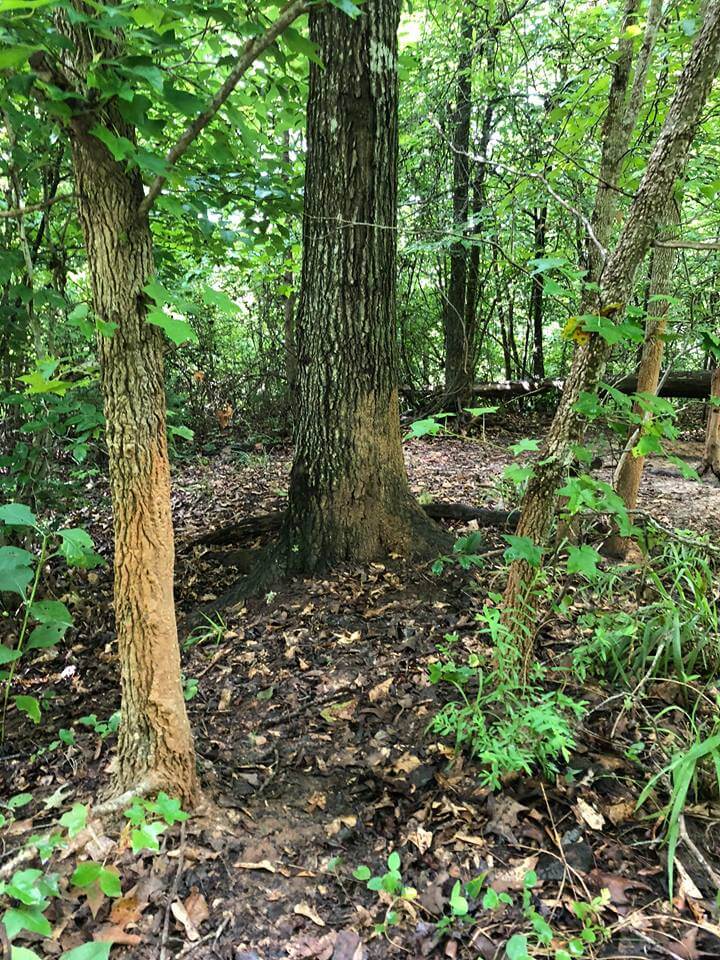
The presence of muddy trees and heavily used trails will give you an idea as to a sounder's travel pattern. You can follow heavily used trails back to a hog's thick cover and/or where they are bedding. Sounder tracks provide the best evidence of a large numbers of hogs. A sow will look for, and use, the best land to raise her young. They will return over and over with additional groups to feed. Thick forested areas with mud high on trees, and have exposed clearcut areas, are a perfect home for lone boars or a group of boars.
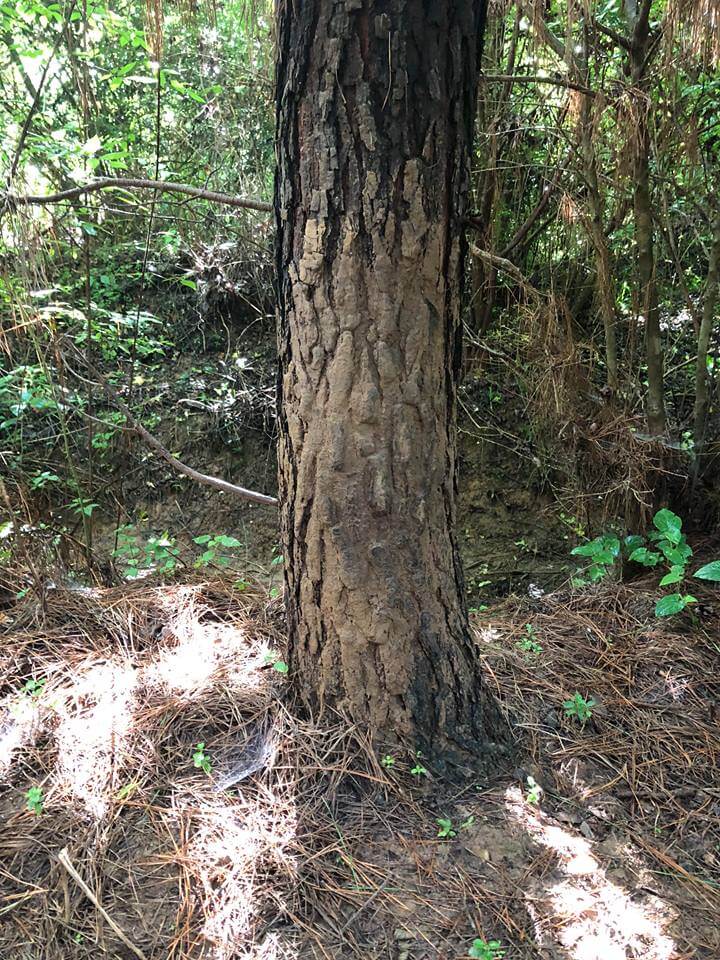
Knowing the land that you hunt is critical when pursuing the numbers needed to help control the population of hogs in your area. Look for areas of terrain changes for your set-ups, get above the hogs and stay on the upwind side of trails or food source. In open areas, look for highest point. This allows you to scan for hogs that you can stalk. You will also find that premium vantage points are where you can see field food sources at certain times of years.
Seasonal Scouting
Pay close attention to the sights and sounds of the seasonal changes on your property. This will pay off when searching for hogs.
Summer
Finding wet areas during the summer months can narrow down the acres you must explore to find your hogs. Frog sounds in the summer will point you to bedding areas of hogs. Even if this area is too thick to walk, you know a population of hogs will be in that area. Frogs will be near a water source, and the hogs will be there for the mud wallows to cool down. Creek drainage also hold water and these areas have deep pools, which the hogs will find to bed by and wallow in during the hottest times of year.
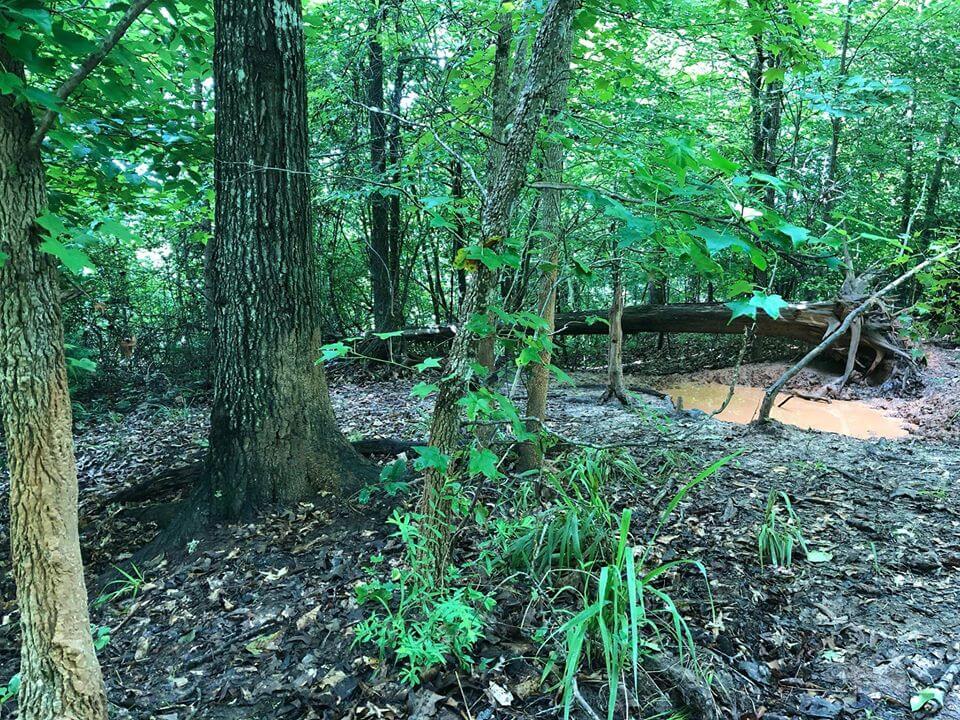
As the ground hardens further into the summer season, rooting becomes tougher for the hogs and they will head to harvested fields. Hogs will eat the wheat that falls off the equipment and your corn feeders. Swampy areas with softer ground are prized areas and highly sought after by the hogs during this time of year. Hogs will prefer to stay near these areas during the hottest part of the summer until the late summer storms come and soften the ground making it easier rooting.
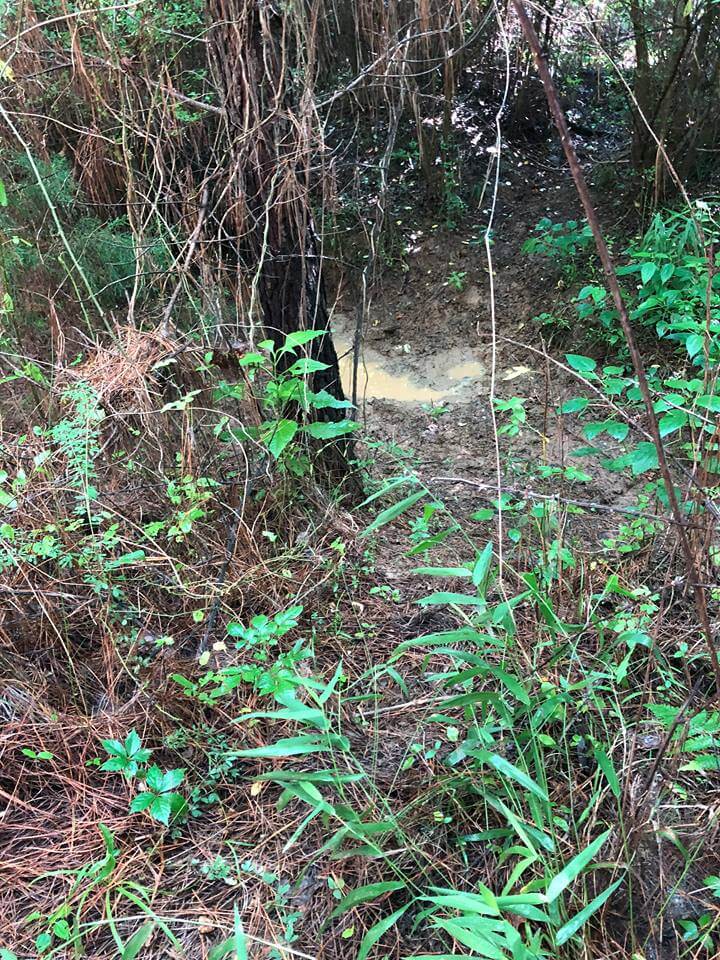
Fall
Hogs will key in on soft mast and will compete with deer and other wildlife for food. Acorns, persimmons, apples, peaches, etc. will be the food sources to key in on. Also, your local farmer's soybean and corn fields. Mast is plentiful at this time of year, and it can be difficult finding patterns when scouting because of the abundance of food sources. Scouting and covering as much ground as you can is the only advice I can give for this time of year.
Winter
This is actually when you will begin to notice the hogs forming patterns as food becomes scarcer. Large old oaks still will have available mast, and hogs will group under these trees for the seasons last bit of nourishment. You will notice they will fight for last the remaining morsels. If you can locate the largest mature oaks on your property, you will find that hogs will visit that tree repeatedly to grab those last acorns. The sound of falling acorns under these trees will provide you further evidence that these are your hot spots until all acorns have all fallen. Livestock can give you keys to these areas too, and the hogs will be after the last of the available nuts falling from the trees.
Winter wheat, and other winter plantings, will start attracting the local hog population. Any farm with a rotating crop of fields for livestock will draw in hogs to those fields being prepped. I generally find hogs mingled with livestock on well fertilized fields, or the next field the livestock will be placed. Farmers rotate their livestock on fields to keep from over browsing, and if you stay one step ahead of the livestock, you will find hogs.
As late winter moves in and the oak trees have totally lost all of their fruit, the fields and corn piles will make up most of the hog's diet. Scanning fields from high vantage points, or even asking farmers where they have seen damage lately are the best bets for finding a population of hogs. Water sources don't matter as much this time of year, food sources will be the key to finding hogs because they are trying to make it through the last of the winter season.
Spring
As vegetation begins to sprout, the hogs again have an abundant amount of food sources available to them. Pay attention to plantings by farmers. You will notice the hogs home range will begin to expand again as the forest becomes greener. More bedding areas will be made under all the new thick growth growing in the forest from the April showers. Rooting is still difficult and the hogs will depend on grazing. Scanning, rather than seeking damaged areas, is the better tactic during this time.
Conclusion
The final key to scouting is keeping continuous notes on areas year-after-year. Knowing your land and what the seasons patterns have shown you, keeps you one step ahead of the hog's next move. Be unpredictable and check new areas either on foot or online, and always be looking for those next productive spots. Remember patterns are key, you will begin to see the puzzle coming together and your notes will help you find the predictive patterns of the hogs on your property.
Scouting can be just as much fun as hunting and the more you can get out and just scout the more proficient your will become, and in turn you will be rewarded with better hunting experiences.
